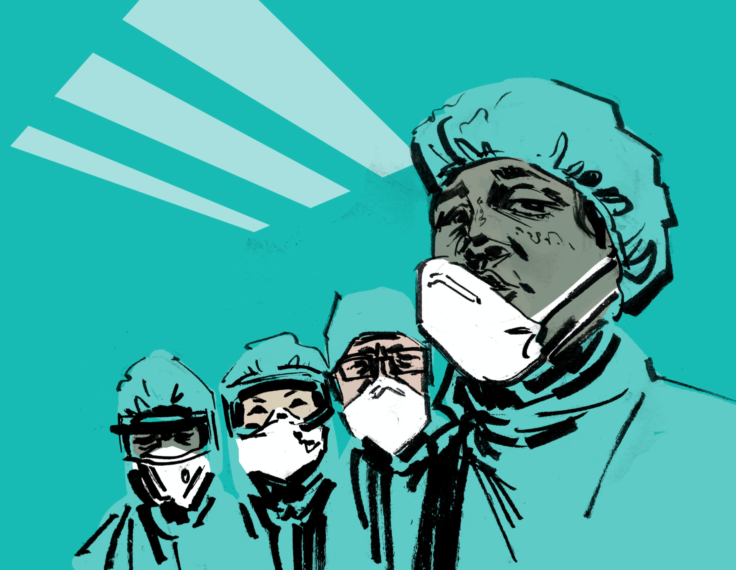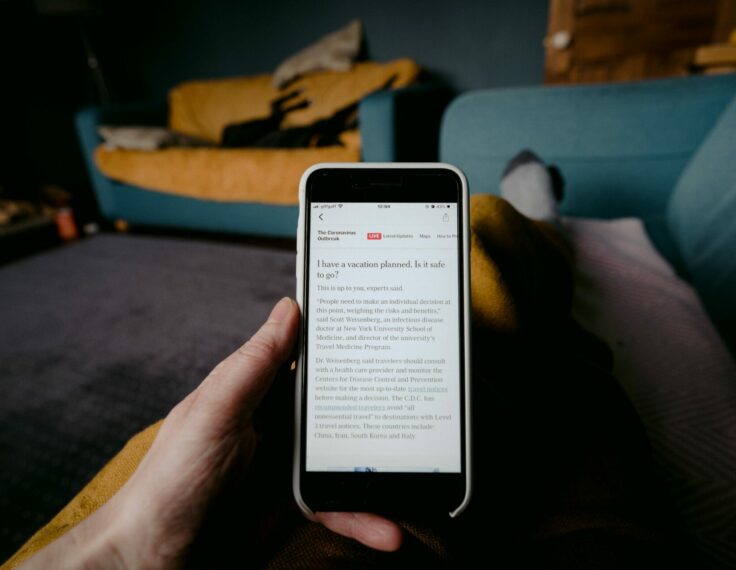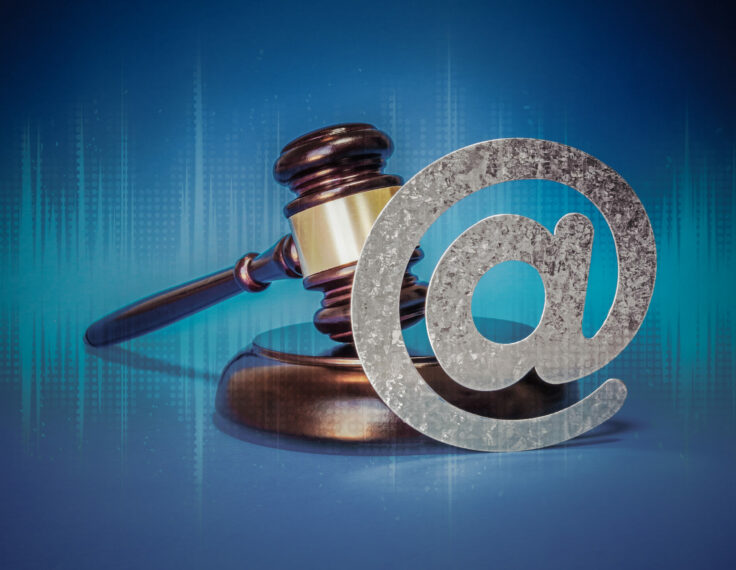Explore Commentaries
All Articles
Article Topic

Repress/redress: What the “war on terror” can teach us about fighting misinformation
Alexei Abrahams and Gabrielle Lim
Misinformation, like terrorism, thrives where trust in conventional authorities has eroded. An informed policy response must therefore complement efforts to repress misinformation with efforts to redress loss of trust. At present, however, we are repeating the mistakes of the war on terror, prioritizing repressive, technologically deterministic solutions while failing to redress the root sociopolitical grievances that cultivate our receptivity to misinformation in the first place.

COVID-19
Promoting health literacy during the COVID-19 pandemic: A call to action for healthcare professionals
April Joy Damian and Joseph J. Gallo
The extraordinary spread of misinformation during the COVID-19 pandemic is impressive. And, to public health professionals like us, it’s worrying: We know that good information and good health go hand in hand. Knowing what we do about the practice of public health and what the science tells us about how people fall for misinformation, we see promising strategies for intervention in our own field.

COVID-19
Blame is in the eye of the beholder: Beyond an ethics of hubris and shame in the time of COVID-19
Annalisa Pelizza
As misinformation and disinformation spread more rapidly and widely than ever before, individuals have been encouraged to be critical consumers of all received information. At the heart of this point of contention is the question of where responsibility and fault should lie.

COVID-19
Signs of a new world order: Italy as the COVID-19 disinformation battlefield
Costanza Sciubba Caniglia
When Italy became the western center of the COVID-19 outbreak, it also became the focus of a series of states-sponsored coordinated disinformation campaigns. From early March through May 2020, disinformation operations in the country have increased noticeably, showing evidence of evolving strategies from multiple state actors geared towards reshaping the narrative of the global COVID-19 crisis and pushing forward geopolitical interests.

COVID-19
Identifying patterns to prevent the spread of misinformation during epidemics
Elaine O. Nsoesie and Olubusola Oladeji
This paper discusses patterns of public health misinformation observed during infectious disease epidemics. Specifically, we group epidemic-related misinformation into four categories: transmission, prevention, treatment, and vaccination. By developing tools, algorithms, and other resources around these categories, institutions, companies, and individuals can proactively limit and counter the spread of misinformation and its potential negative health effects.

COVID-19
Using misinformation as a political weapon: COVID-19 and Bolsonaro in Brazil
Julie Ricard and Juliano Medeiros
With over 30,000 confirmed cases, Brazil is currently the country most affected by COVID-19 in Latin America, and ranked 12th worldwide (John Hopkins University & Medicine, 2020). Despite all evidence, a strong rhetoric undermining risks associated to COVID-19 has been endorsed at the highest levels of the Brazilian government, making President Jair Bolsonaro the leader of the “coronavirus-denial movement” (Friedman, 2020.

Redesigning consent: Big data, bigger risks
Joan Donovan
Over the last decade, the rapid proliferation of social media platforms coupled with the advancement of computational methods for collecting, processing, and analyzing big datasets created new opportunities for social science. But alongside new insights about the behaviors of individuals and groups, these practices raise new questions regarding what constitutes ethical research.

Answering impossible questions: Content governance in an age of disinformation
John Bowers and Jonathan Zittrain
The governance of online platforms has unfolded across three eras – the era of Rights (which stretched from the early 1990s to about 2010), the era of Public Health (from 2010 through the present), and the era of Process (of which we are now seeing the first stirrings).

